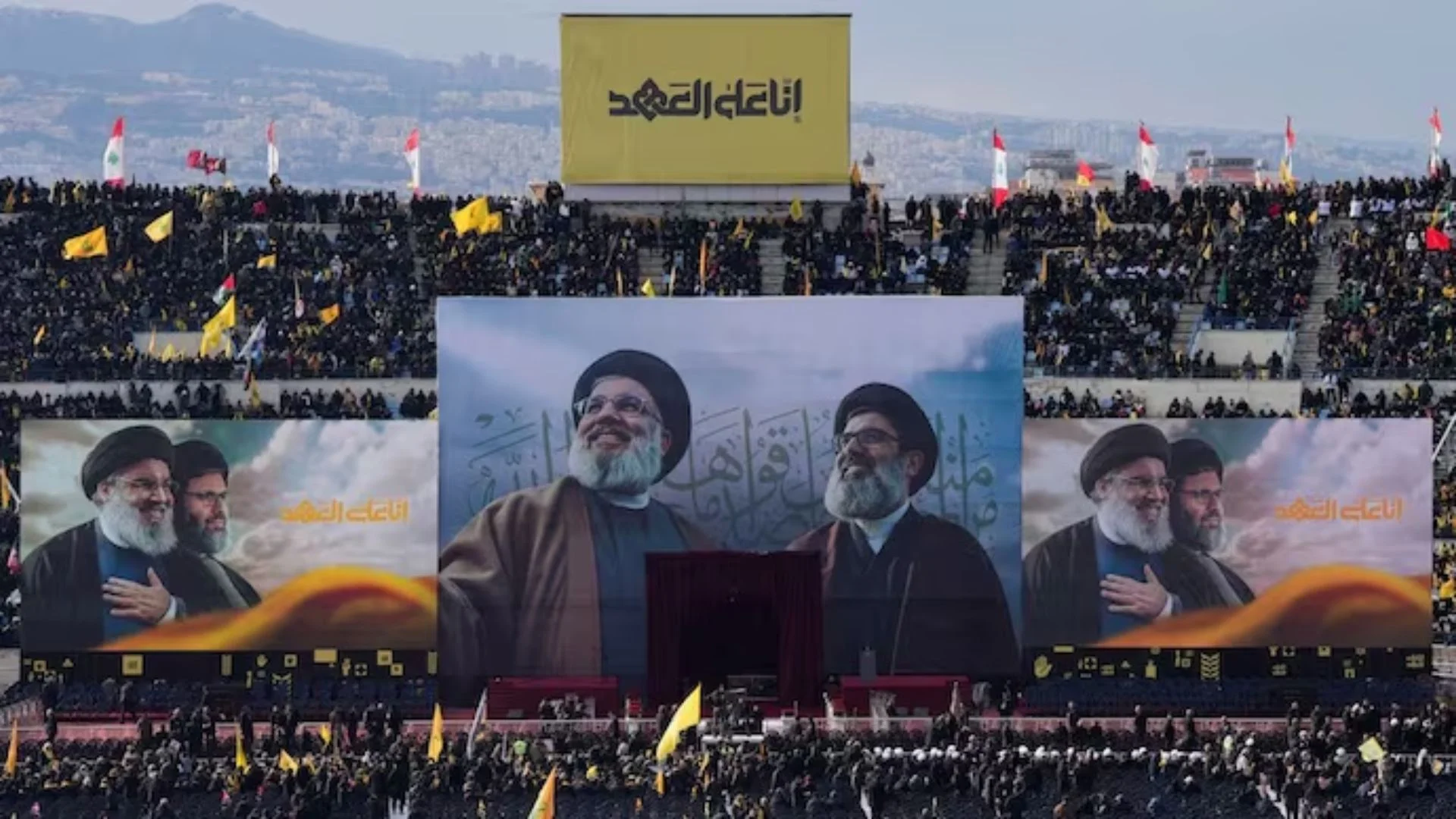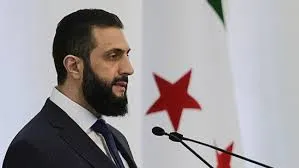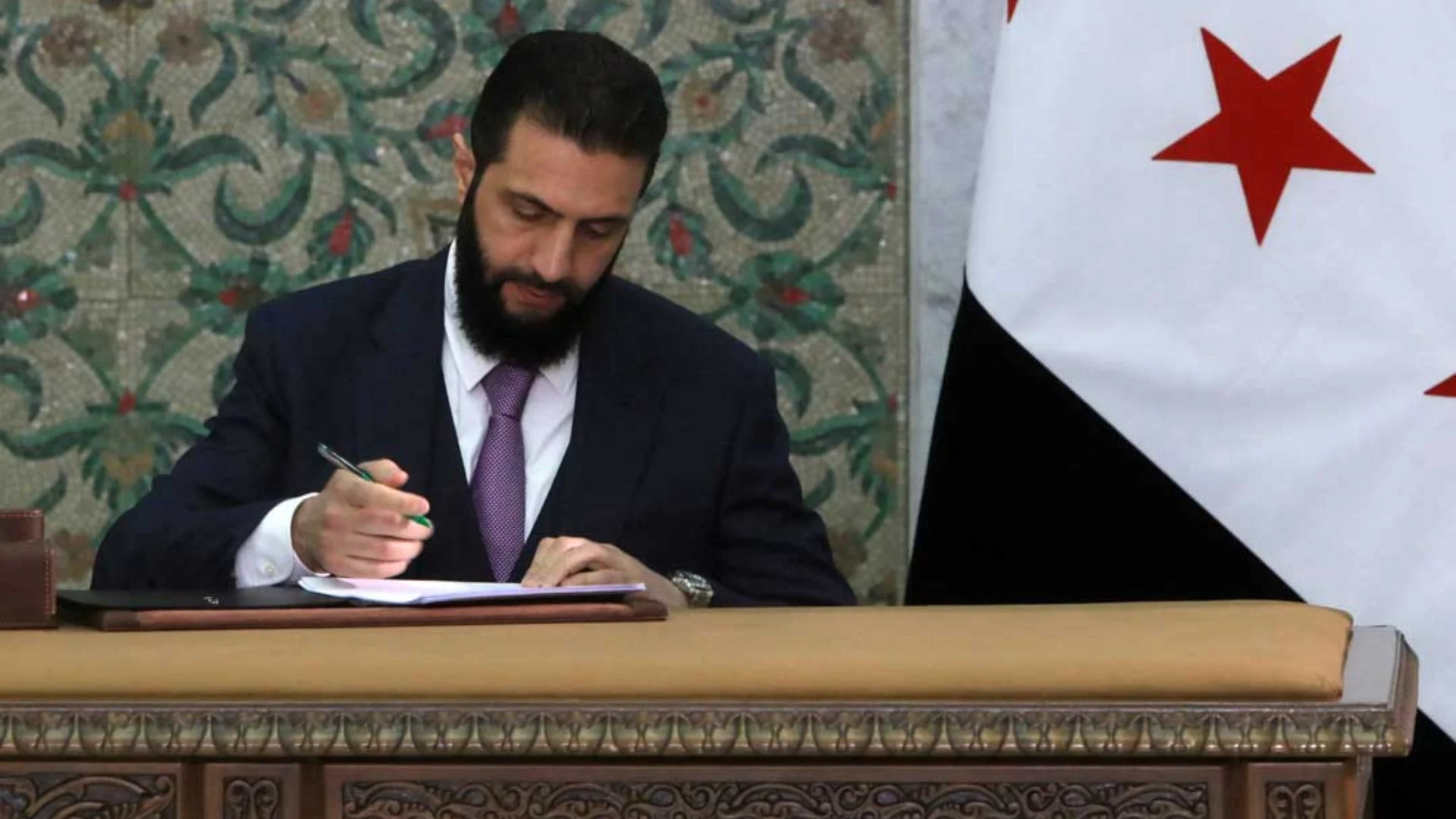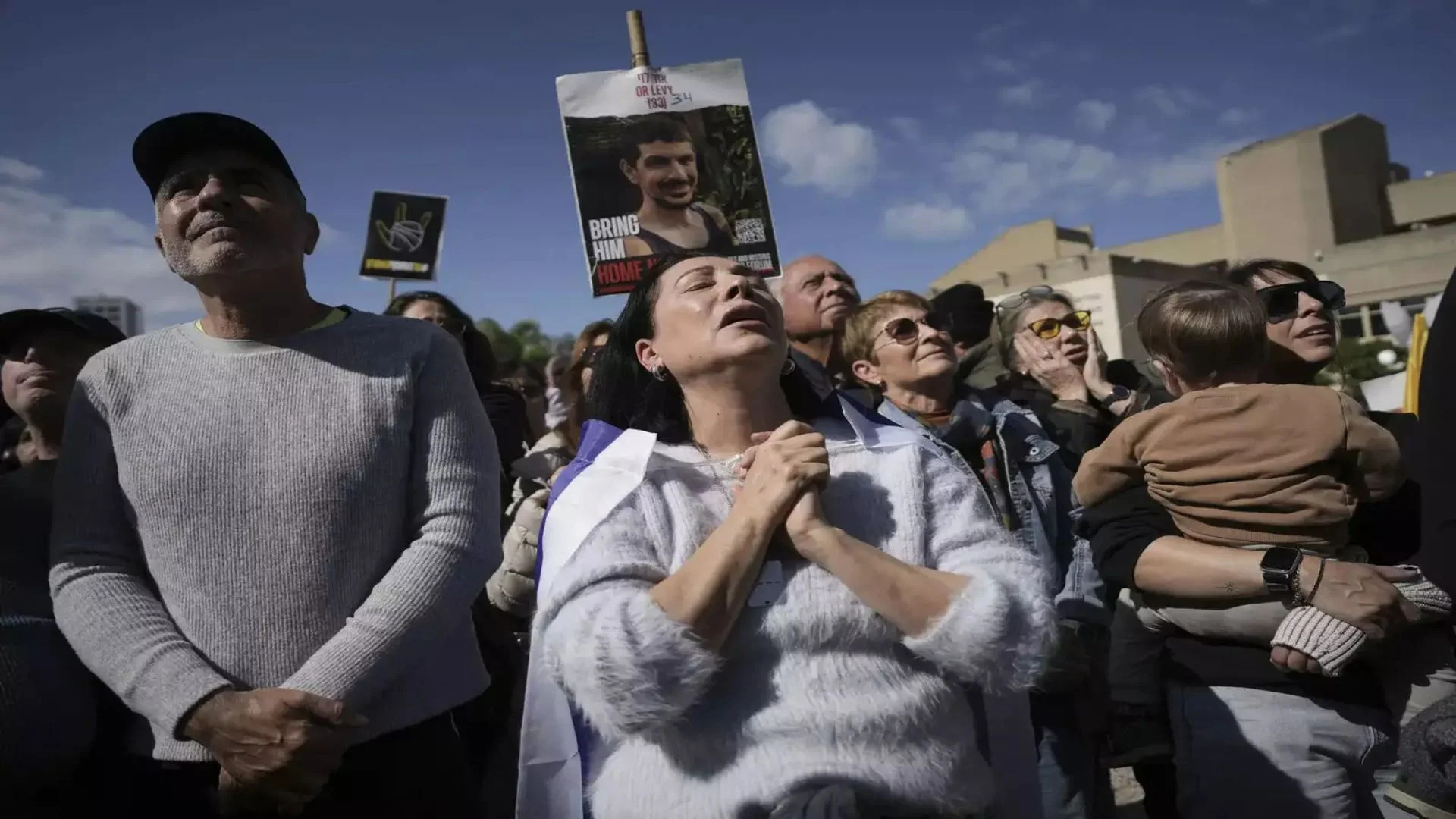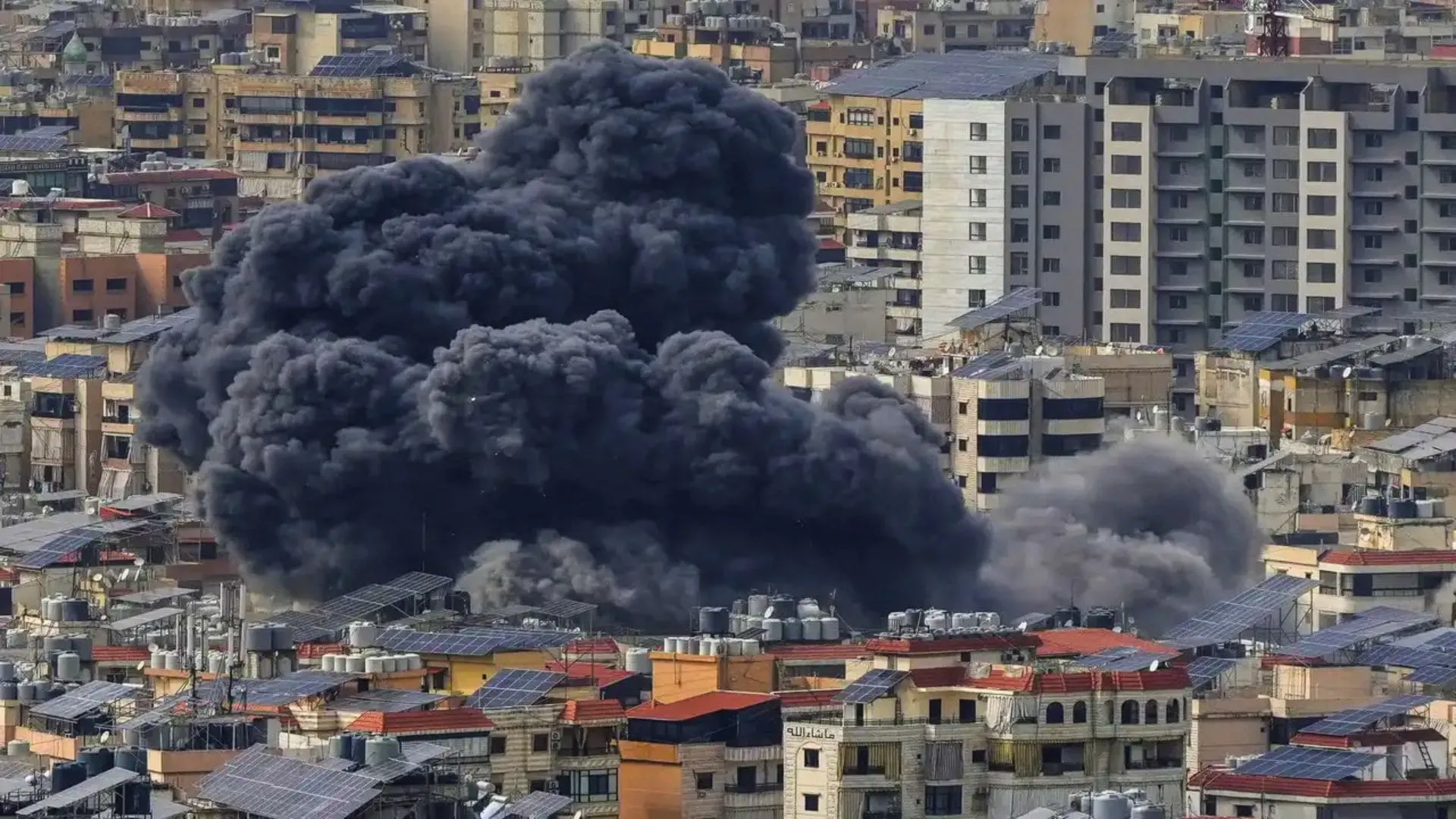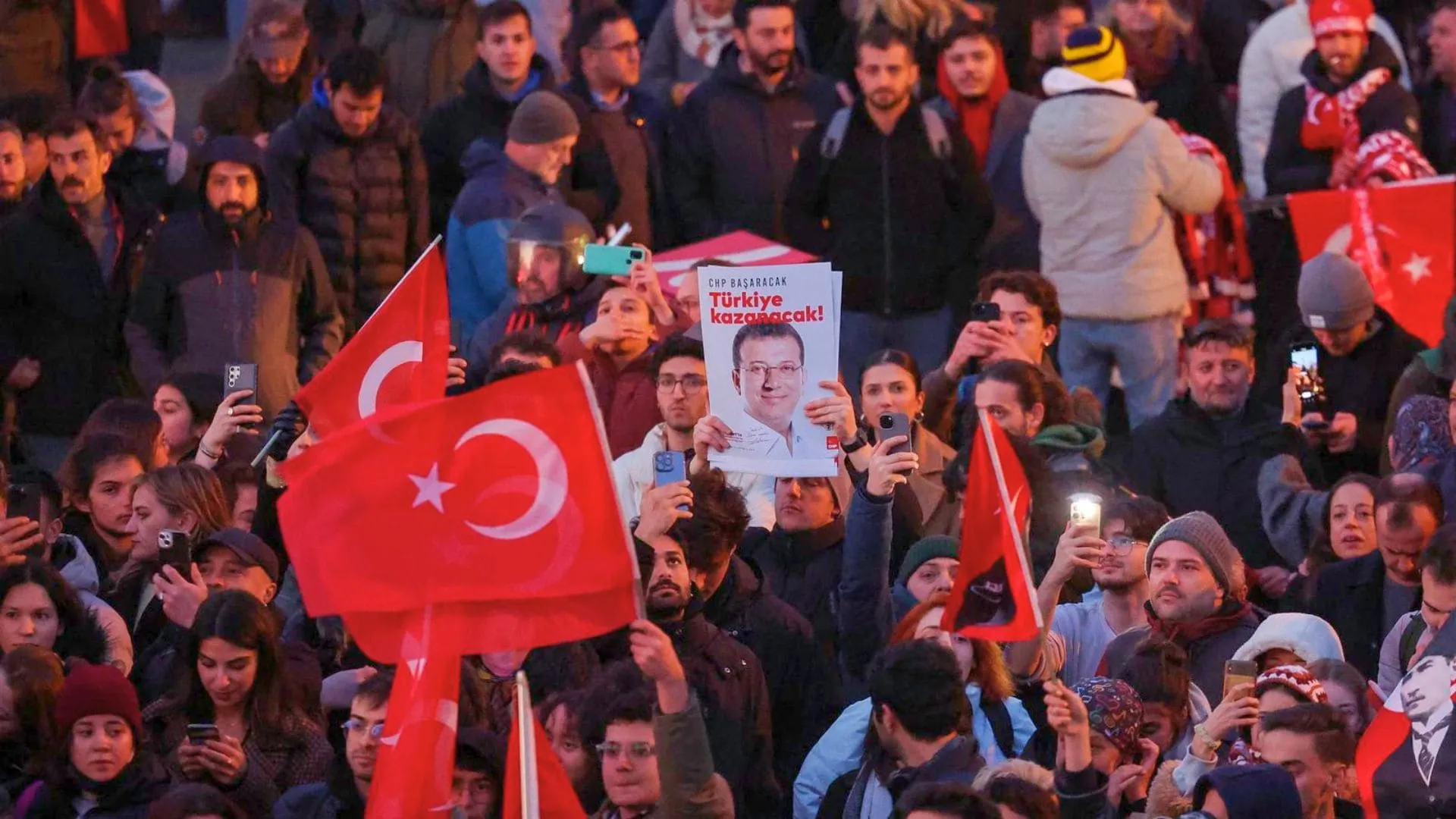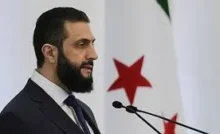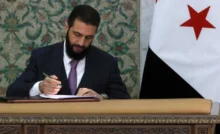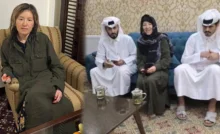Tens of thousands have responded to the funeral of Hezbollah’s longtime leader, Hassan Nasrallah, who was assassinated in an Israeli air raid last September. The funeral, in a full sports stadium in the southern suburbs of the city, also commemorated his deputy, Hashem Safieddine, assassinated in an Israeli strike the next month.
The funeral had been postponed by five months out of security fear, as Hezbollah lost many after what analysts depict as profound Israeli intelligence penetration in the group leadership. The occasion attracted high-level guests, among them Iranian Foreign Minister Abbas Aragchi and Iraqi legislators. People waved Hezbollah flags, placed Nasrallah’s portraits on the ground, and hurled personal belongings on his coffin for keeps.
As the coffins were laid out, Israeli warplanes buzzed low over the stadium, inspiring cries of “Death to Israel.” Israel’s Foreign Minister Israel Katz afterwards declared the flyover was a warning to the perpetrators that those who attack Israel will suffer the same destiny. In the meantime, Israeli troops bombed locations in south Lebanon and the Bekaa Valley in defiance of a ceasefire agreement.
Nasrallah, who guided Hezbollah for more than three decades, was given the credit for the group bringing Israel’s occupation of southern Lebanon to an end in 2000. His legacy, though, turned controversial following Hezbollah’s intervention in the Syrian war and its hegemony over Lebanese politics.
After the recent war, Hezbollah’s influence declined, and the new government in Lebanon has been pushing to disarm the group. President Joseph Aoun reiterated the nation’s weariness of regional wars and its desire to rebuild after Israeli attacks destroyed significant areas of Lebanon. The government is calling for international assistance and demanding the withdrawal of Israeli forces from Lebanese soil.


